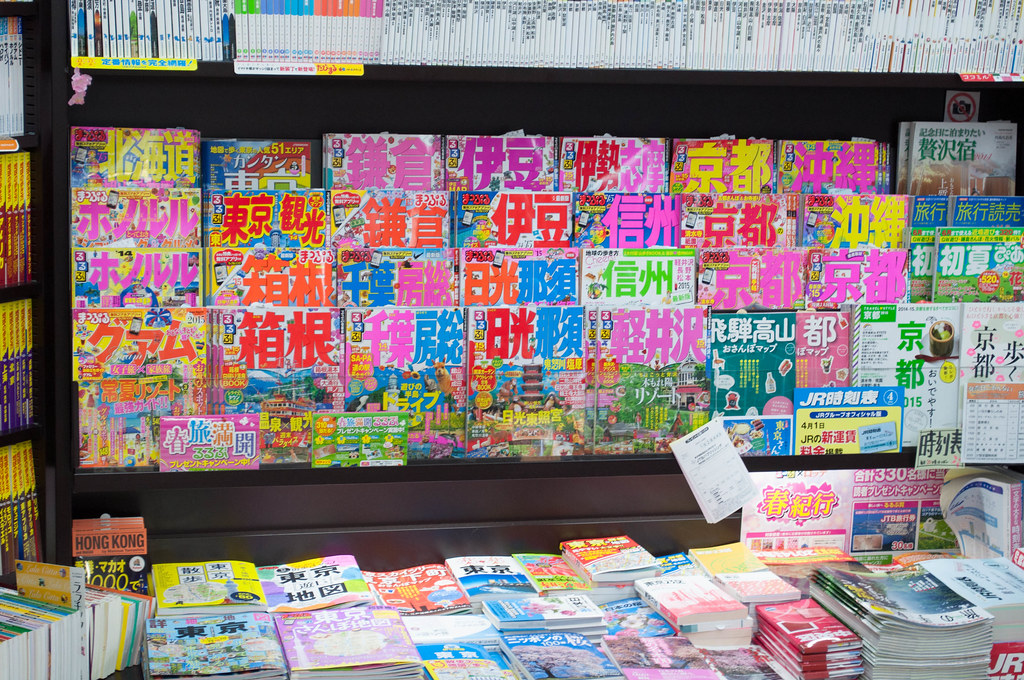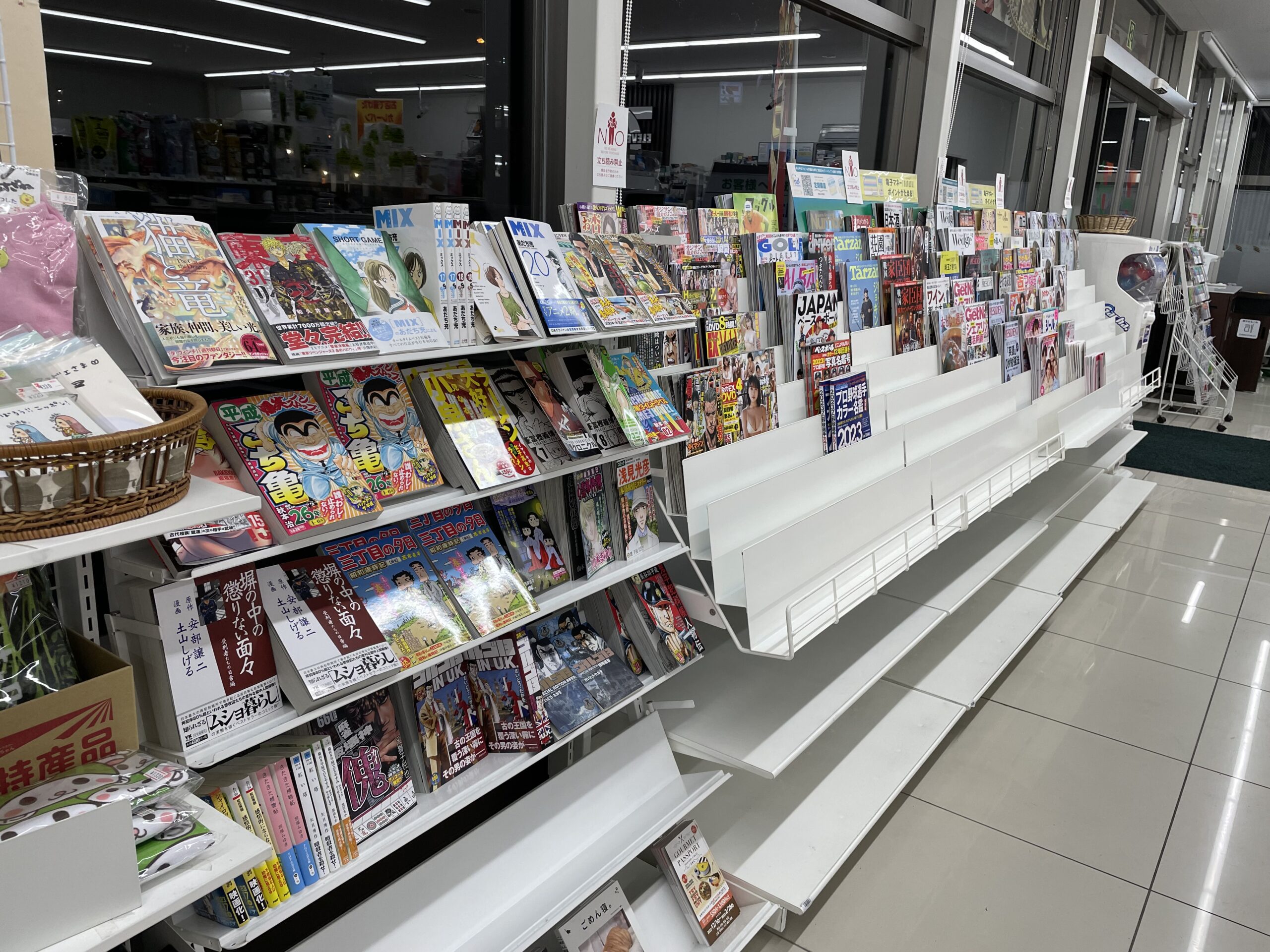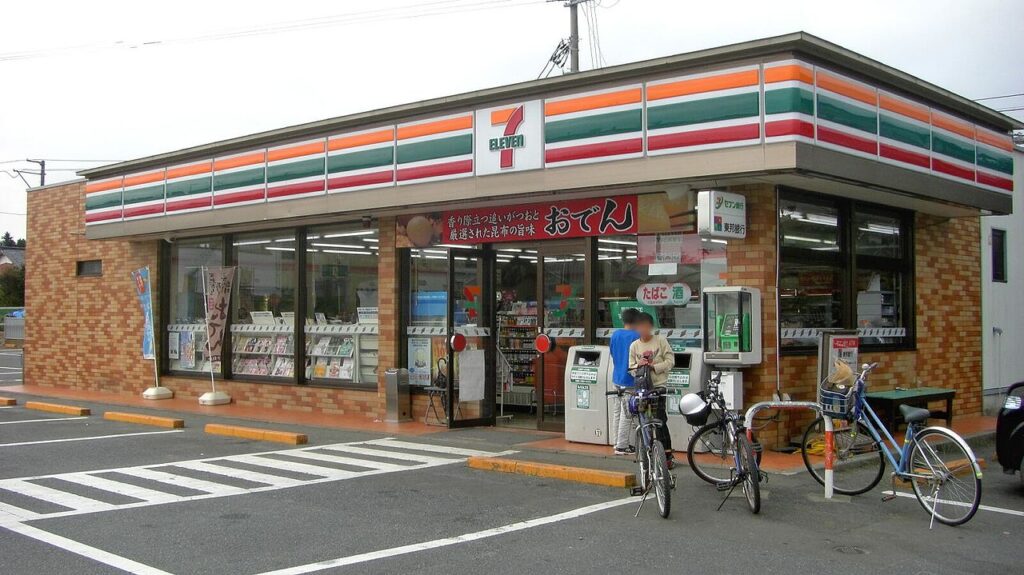Japan’s convenience stores to ditch print magazines in 2025

Magazine distribution in Japan is undergoing a dramatic shift as convenience stores look to stop sales.
Critics of this move believe it threatens the very existence of print publications and have raised concerns about access to information, particularly in rural communities.

A number of factors, from the digital revolution to rising logistical costs, is forcing major convenience store chains to drastically reduce or even eliminate magazine sales.
This could lead to “magazine refugees” in areas where people do not have alternative locations to purchase magazines.
The decline of print media in the face of the internet’s dominance is a well-documented global trend.
However, in Japan, this trend is being exacerbated by a looming logistical crisis.

The so-called “2024 problem” referring to stricter overtime regulations introduced in 2024 for truck drivers as well as an increased cost of fuel, has increased the overall cost of convenience store deliveries.
These factors have made magazine delivery, which was already a low-profit margin business, chronically unprofitable.
This logistical squeeze has led major players like FamilyMart and Lawson to announce plans to discontinue magazine deliveries to approximately 10,000 stores.
This represents a significant reduction in distribution points, particularly impacting rural areas where delivery costs are highest.

The impact of this decision extends beyond convenience stores as it threatens to create information deserts in areas already underserved by bookstores.
Tohan, a major publishing distributor, was initially slated to take over magazine deliveries from Nippon Shuppan Hanbai, which had previously ceased its convenience store deliveries due to mounting losses.
This transition involved approximately 30,000 stores, including 16,000 FamilyMarts and 14,000 Lawsons.
After carefully assessing the profitability of storage and transportation, Tohan has determined it can only realistically service 20,000 stores.
The remaining 10,000 stores will be left without magazine deliveries.
Consequently, Lawson is phasing out magazine sales in roughly 3,000 stores, representing about 20% of its national footprint.

FamilyMart, while not specifying exact numbers, has also confirmed plans to significantly reduce magazine sales starting in March.

Amidst this widespread retreat from print, Seven-Eleven, with its extensive network of approximately 21,000 stores, has publicly stated its commitment to continuing magazine sales.
In a press release addressing concerns about magazine distribution, Seven-Eleven stated: “The number of places where you can buy publications is decreasing year by year, so we believe that there is great significance in carrying publications at convenience stores.”.

Tohan will continue to handle deliveries to Seven-Eleven stores.
For some publications, particularly weekly and informational magazines, convenience stores represent a crucial sales channel.
The withdrawal of the Lawson and FamilyMart stores could be a “life or death” situation for many publishers.
The shrinking number of bookstores in Japan, a trend accelerated by the rise of e-books and online shopping, further complicates the situation.
A survey by the Publishing Culture Industry Promotion Foundation revealed that as of March last year, 482 out of Japan’s 1,741 municipalities were without a single bookstore.

In those areas, convenience stores often serve as the sole point of access to magazines.
Despite these challenges, efforts are underway to broaden access to books and magazines.
Lawson is implementing a service allowing customers to order books through its in-store “Loppi” terminals and is also expanding the number of stores with attached bookstores in areas lacking such facilities.

Additionally, some local governments are collaborating with major publishing distributors on pilot programs to sell books within libraries, starting in 2025.
Source: Sankei Shimbun
